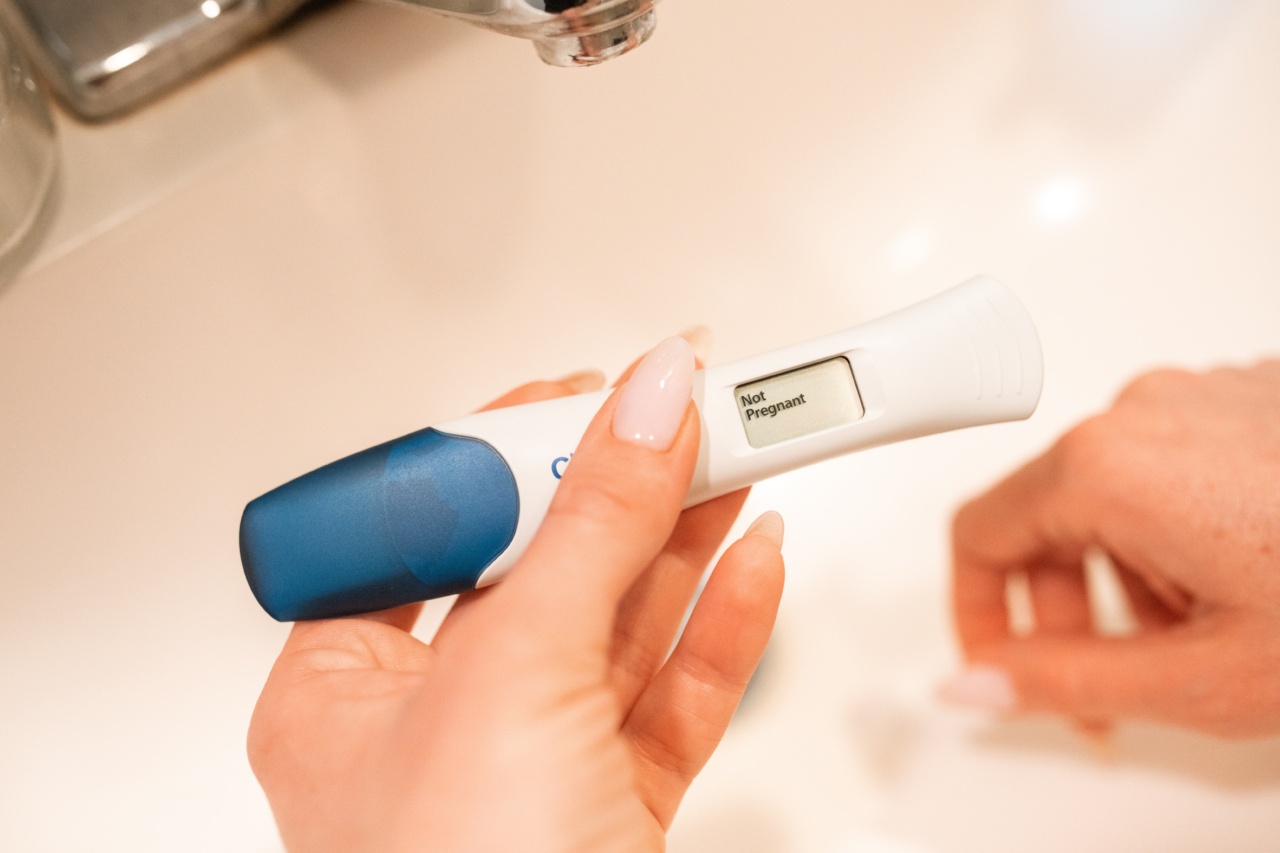Ureoplasma is a type of bacteria that can cause infections in the urinary and reproductive systems of women. When left untreated, it can lead to complications during pregnancy.
In this article, we will discuss the diagnosis and treatment of ureoplasma during pregnancy.
What is Ureoplasma?
Ureoplasma is a type of bacteria that commonly resides in the urinary tract of both men and women. In most cases, it does not cause any symptoms and is harmless. However, in some cases, it can lead to infections in the urinary and reproductive systems.
Diagnosing Ureoplasma during pregnancy
Ureoplasma can be diagnosed through a urine culture test. This test is performed by collecting a urine sample and sending it to a lab for analysis. The test can detect the presence of ureoplasma bacteria in the urine.
It is important to note that not all women with a positive urine culture for ureoplasma will experience symptoms.
Common symptoms of Ureoplasma infection during pregnancy
When ureoplasma leads to an infection, it can cause several symptoms. Some common symptoms of ureoplasma infection during pregnancy include:.
- Painful urination
- Burning sensation while urinating
- Frequent urination
- Cloudy or foul-smelling urine
- Pain during sex
- Vaginal discharge
Complications of Ureoplasma during pregnancy
Ureoplasma infection during pregnancy can lead to complications such as premature birth and low birth weight. It can also lead to a condition called chorioamnionitis, which is an infection of the lining of the uterus and the amniotic fluid.
This can cause complications for the fetus, including respiratory distress syndrome and sepsis.
Treating Ureoplasma during pregnancy
Ureoplasma infection during pregnancy can be treated with antibiotics. The type of antibiotic prescribed will depend on the severity of the infection.
Some common antibiotics used to treat ureoplasma during pregnancy include azithromycin, erythromycin, and doxycycline.
If a woman tests positive for ureoplasma but does not exhibit any symptoms of infection, treatment may not be necessary. In these cases, a doctor may choose to monitor the woman’s condition closely and only treat if symptoms develop.
Preventing Ureoplasma infection during pregnancy
There are several steps that women can take to reduce their risk of developing ureoplasma infections during pregnancy. Some preventive measures include:.
- Practice good hygiene
- Wear cotton underwear and avoid tight-fitting clothes
- Wipe from front to back after using the bathroom
- Avoid using irritating feminine products
- Practice safe sex by using condoms
Conclusion
Ureoplasma infection during pregnancy can lead to complications for both mother and child. It is important for pregnant women to be aware of the symptoms of ureoplasma and seek medical attention if they suspect an infection.
With prompt diagnosis and treatment, most cases of ureoplasma during pregnancy can be successfully treated.































